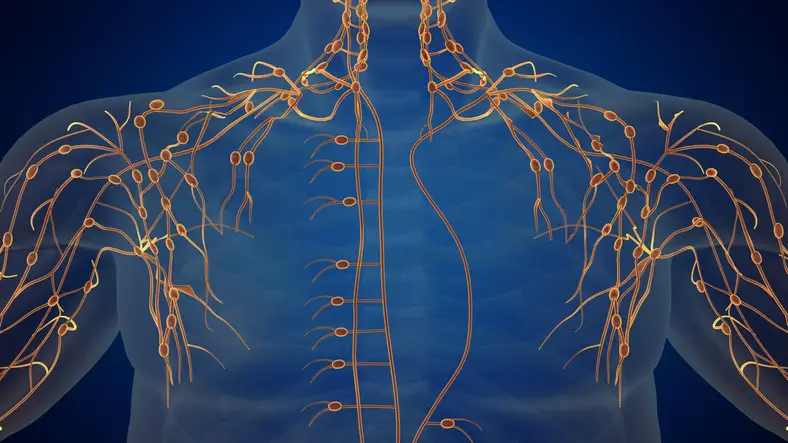A breast cancer diagnosis can be an overwhelming experience filled with complex terminology and metrics that might seem daunting at first. A common term that often arises in diagnostic reports is the Ki-67 index, which can be particularly confusing. Today, we are addressing a question from one of our community members, who recently received a diagnosis of stage 1 breast cancer with a high Ki-67 level, and is seeking clarity on what this means for her treatment and prognosis.
“My breast cancer is stage one with a high Ki-67, what does this mean for me?”
What is Stage 1 breast cancer?
Stage 1 breast cancer is considered an early stage of the disease. At this stage, the tumor is typically no larger than 2 centimeters and has not spread beyond the breast. This is often viewed positively because early-stage cancers have a higher likelihood of successful treatment outcomes.
What is the Ki-67 index?
Ki-67 is a protein found in cells that is used as a marker to measure how quickly cancer cells are growing and dividing. The Ki-67 index is a percentage that tells you what fraction of the cancer cells in the tumor is in the process of dividing. A “high” Ki-67 index indicates that a large proportion of the cancer cells are proliferating, suggesting that the tumor is more aggressive in nature.
What does a high Ki-67 mean for my treatment and prognosis?
Due to the rapid growth rate of the cancer cells indicated by a high Ki-67 score, your doctor may recommend a more aggressive treatment approach. For early-stage breast cancer with high Ki-67, chemotherapy might be more commonly recommended than in cases with low Ki-67. This is because chemotherapy is effective at targeting fast-growing cells.
A high Ki-67 level is often associated with an increased risk of cancer recurrence. This doesn’t mean recurrence is inevitable, but it does influence how closely you might be monitored after initial treatment. While a high Ki-67 index suggests a more aggressive cancer, it doesn’t determine your overall prognosis on its own. Stage 1 breast cancer, even with high Ki-67, generally has a favorable prognosis because it is detected early. Your prognosis will also depend on how the cancer responds to the treatment, which can vary widely among individuals.
For stage 1 breast cancer, the prognosis is generally very favorable, with high survival rates. The treatment typically involves surgery to remove the tumor, which may be a lumpectomy (removing the tumor and a small margin of surrounding tissue) or a mastectomy (removal of the entire breast). Depending on the specifics of the cancer, like hormone receptor status and HER2 status, additional treatments like hormone therapy or targeted therapy might be recommended. Understanding the specifics of your breast cancer diagnosis, like the Ki-67 index, can empower you to make informed decisions about your treatment and health management. It’s important to discuss your specific case with your oncologist, who can tailor treatment options based on your overall health, the characteristics of your cancer, and your personal preferences.
Every patient’s breast cancer is unique, and while metrics like the Ki-67 index provide valuable insights, they are just one part of a larger picture. To stay fully informed and proactive, consider leveraging technology like the Outcomes4Me app. This tool can empower you by providing personalized insights and access to the latest treatment options based on your specific diagnosis.
Personalized support for real care decisions
Understand your diagnosis, explore clinical trials, and track symptoms--all in one place.
Get started
Compare treatments, prepare for appointments, and track side effects—all in the app
Built for your diagnosis, Outcomes4Me gives you the tools to make confident, informed decisions—right when you need them.
Continue in app






